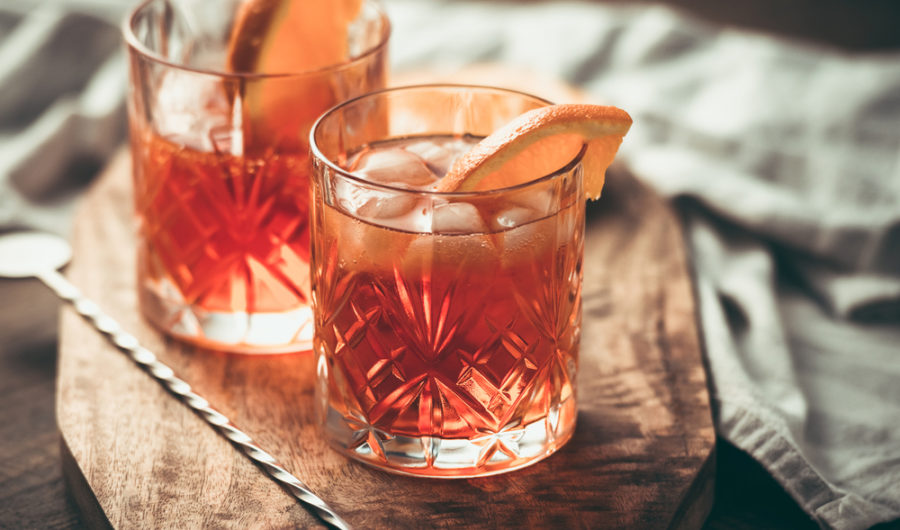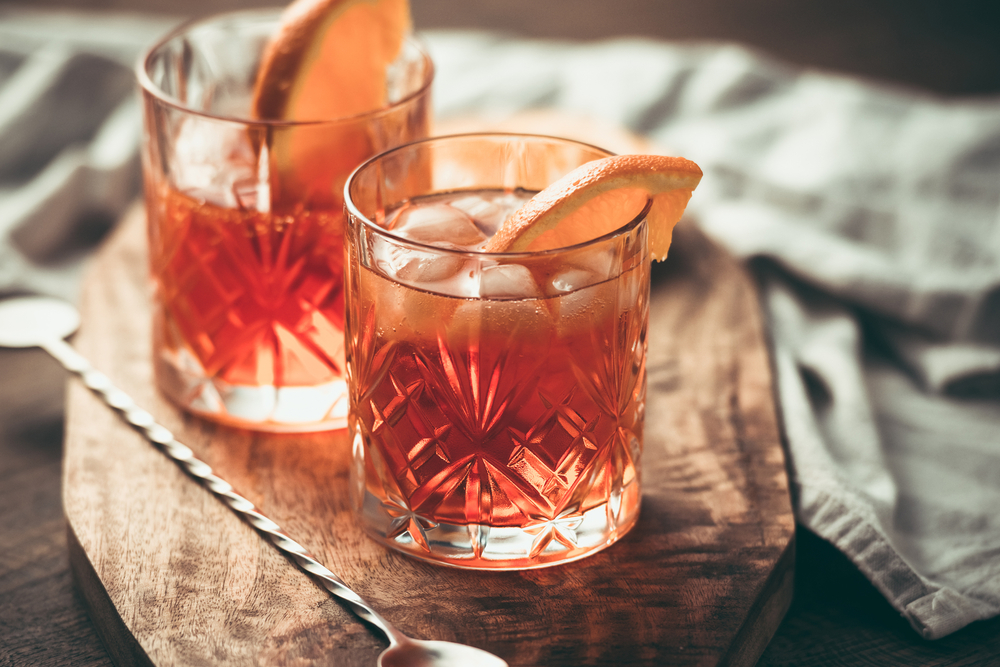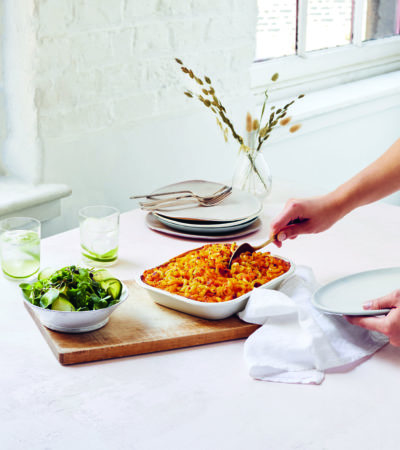As the festive season fast approaches, many find that their diaries are filled with after-work drinks, late-night catch ups and Christmas parties. Subsequently, a person’s alcohol intake is likely to increase. Here, nutritionist Caroline Wilson at the health and nutrition brand Kitchenistic presents 5 scientific ways your festive tipple can affect a workout and how to counteract it with some healthy habits.
Dehydrate and Heat Up
‘Essentially, alcohol is a diuretic and drains moisture from the body,’ reveals Wilson. ‘I would say that 90% of hangover symptoms are a direct result of dehydration. When alcohol is processed by the enzymes located in the liver, it is converted to acetaldehyde. As the body works to break the acetaldehyde down, the liver transforms the substance into acetate. Alcohol also suppresses the body’s level of vasopressin, a hormone that acts as an antidiuretic. As alcohol has such a sudden diuretic impact to the body, it is inevitable that the rapid loss in moisture will affect the body’s fitness performance’.
‘It is no secret that water fuels the body however, what many people don’t know is that hydration is key to regulating body’s temperature’ says Wilson. ‘If alcohol is in your system, your heart rate will increase faster than usual and your body’s temperature significantly rise. This can make working out very uncomfortable and lead you to sweat more than you are typically used to. This will, of course, dehydrate the body further’.
‘I always recommend having a bottle of water on the table as you enjoy drinks with friends. This encourages you to drink water alongside your festive tipple of choice. This will not stop dehydration altogether however; it will limit it and work to protect your workout’.
Metabolism is on Slow-Mo
‘Alcohol has a negative impact on your digestive system’ reveals Wilson. ‘It causes stress to the stomach and intestines and causes the movement of food and nutrients through the body to become sluggish. As digestive secretions slack, the rate at which the body absorbs essential nutrients also decreases. This causes the metabolism to slow’
‘In the run-up to Christmas parties, I recommend opting for nutritious, high-fibre foods to ensure that the digestive system is functioning to its optimum performance. This will limit impact to the body’s metabolism and prevent also weight gain’
Poor Muscle Recovery
‘Drinking alcohol often leads to a build-up of lactic acid’, says Wilson. ‘This can make exercise very uncomfortable as cramping is likely to occur. Muscle fatigue is also inevitable post alcohol intake. Excessive alcohol consumption also suppresses growth hormones which are vital for both building muscle and repairing it. If you consistently drink, your recovery time post work out will be a longer and it will make it tricky to build muscle in general’
The Perils of Sugar
‘Alcohol is often laden with sugar’ according to Wilson. ‘Sugar is regarded as ‘high’ on the glycaemic index which means it rapidly turns into glucose once it is fully digested. The sudden spike in sugar intake inflames the body and can lead to the body retaining water. This can cause bloating and fatigue as the sudden spike in sugar drops.’
‘If you are planning to exercise in the days after drinking, avoid wines, cocktails or drinks with syrups as they are full of sugar and will impact the effectiveness of your workout. Clear spirits are often the best choices.
Café?
Almost everyone has their own hangover cure however, perhaps the most popular is a fried breakfast. According to Wilson, this isn’t just a theory and there is science to prove it. ‘Alcohol leads us to gravitate towards fatty foods and can spark unhealthy cravings. This is because alcohol encourages a chemical in the brain called Galanin to surge which causes us to crave foods that are rich in fats. Even after sleep post alcohol intake, the levels of Galanin in the brain are higher than usual and we will continue to crave fatty foods. This can really impact your health as not only will you feel incredibly sluggish, your body won’t be fuelled with the correct nutrients for it to sustain an exercise regime’.
‘A healthy balance of the fats Omega 3 and Omega 6 are essential in keeping a healthy lifestyle. However, Omega 6 is often found in vegetable and corn oils that are used to fry food and can cause high blood pressure if eaten to excess. Weightlifting also tends to cause a spike in blood pressure. If you have been drinking alcohol, it might be wise to stay away from weights the following day as your blood pressure is likely to already be higher than usual’.
So there you have, some easy tips to counteract your festive tipple. Christmas is a time to celebrate and we’ll certainly be cheers-ing with some champagne, but hopefully, with these healthy habits, we’ll still feel our best selves while still enjoying the celebrations!
Want to serve a non-alcoholic drink at your Christmas party? Try this Rosemary Christmas Mocktail by Cami Vidal of La Maison Wellness…

Rosemary Christmas Mocktail
INGREDIENTS
10ml Pomegranate Syrup
80ml Kombucha
60ml Rosemary Water
METHOD
Mix together and garnish with pomegranates, a lemon wheel and fresh rosemary














